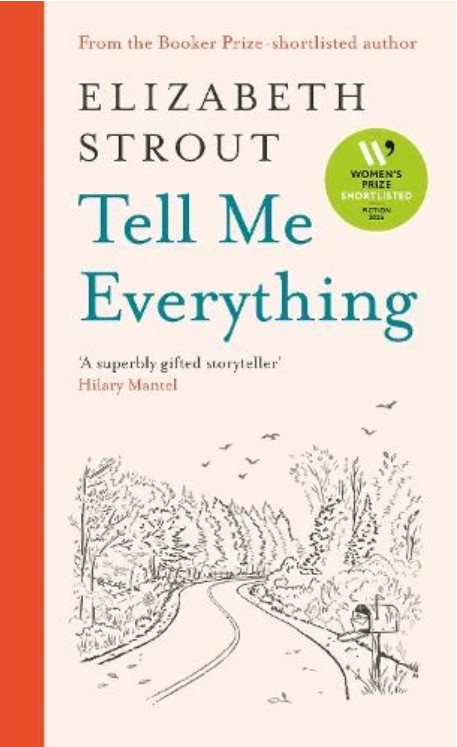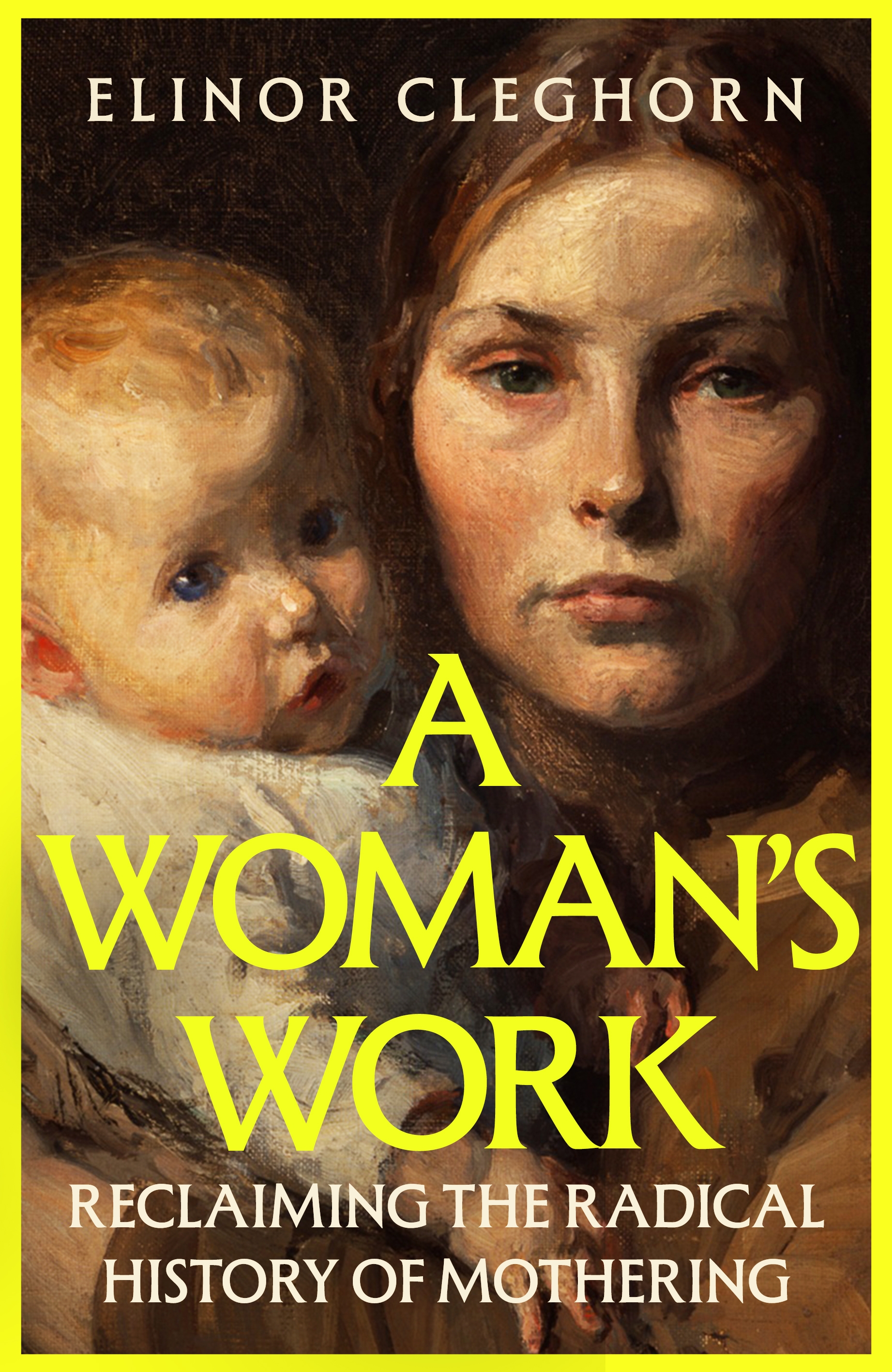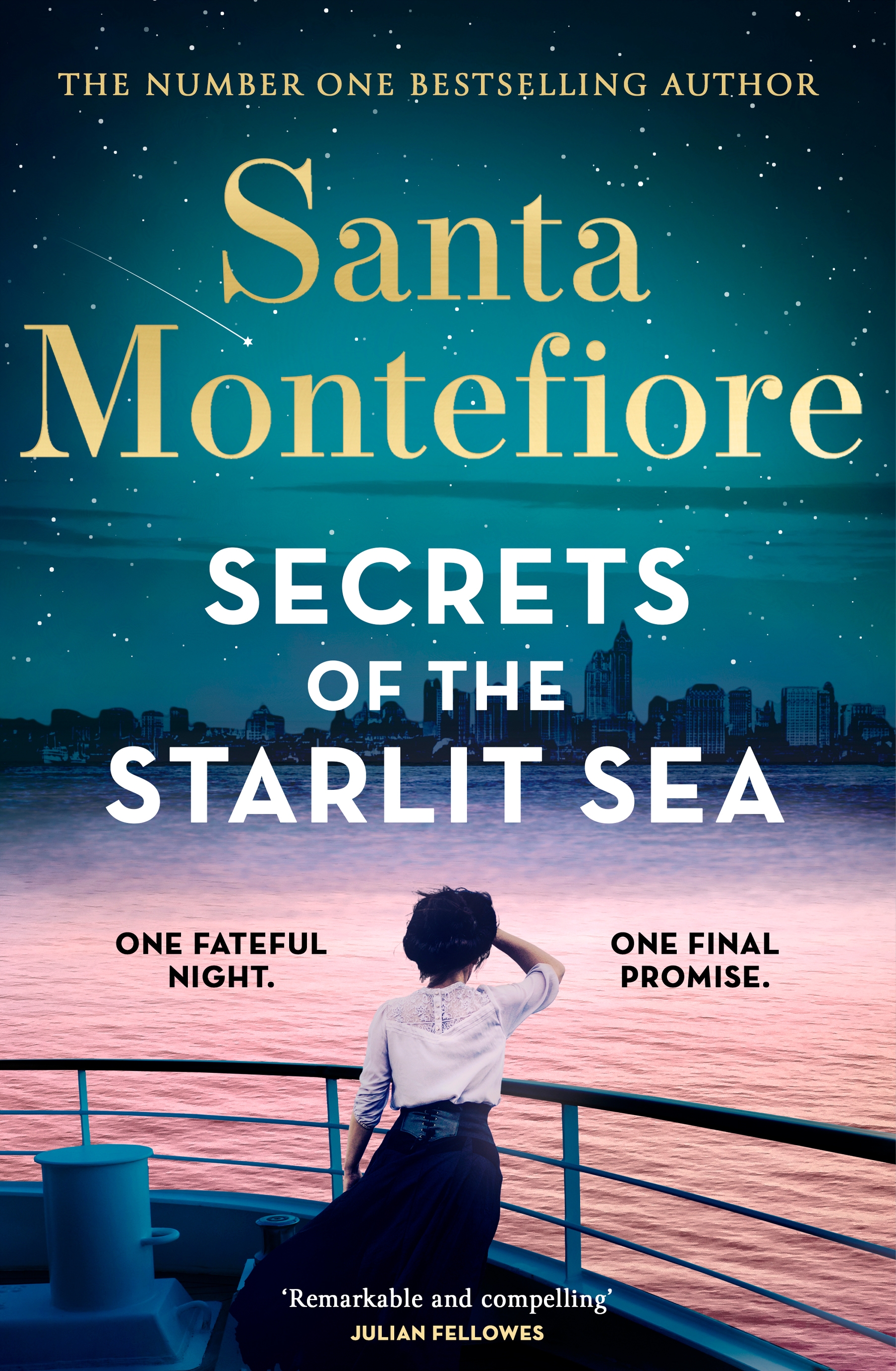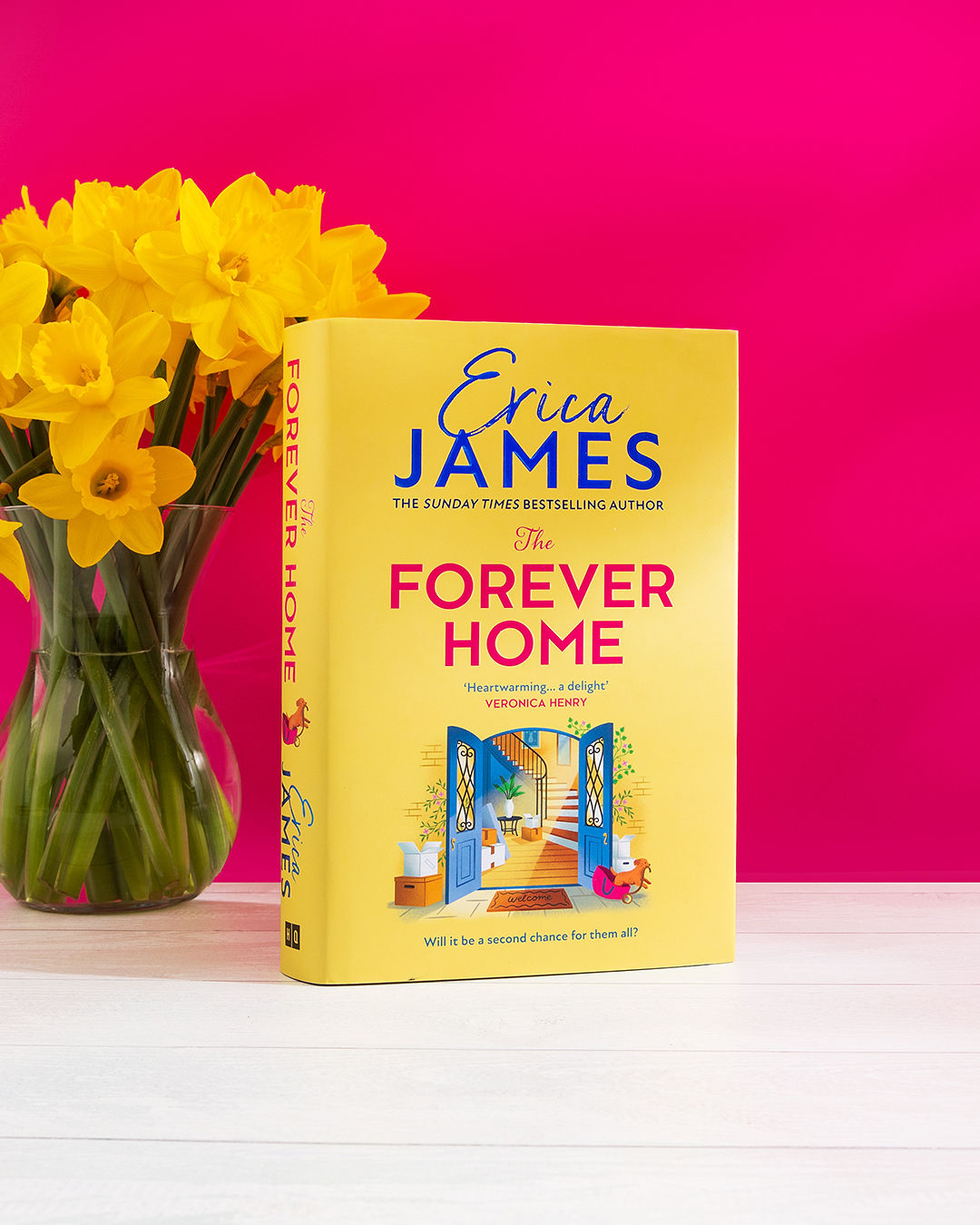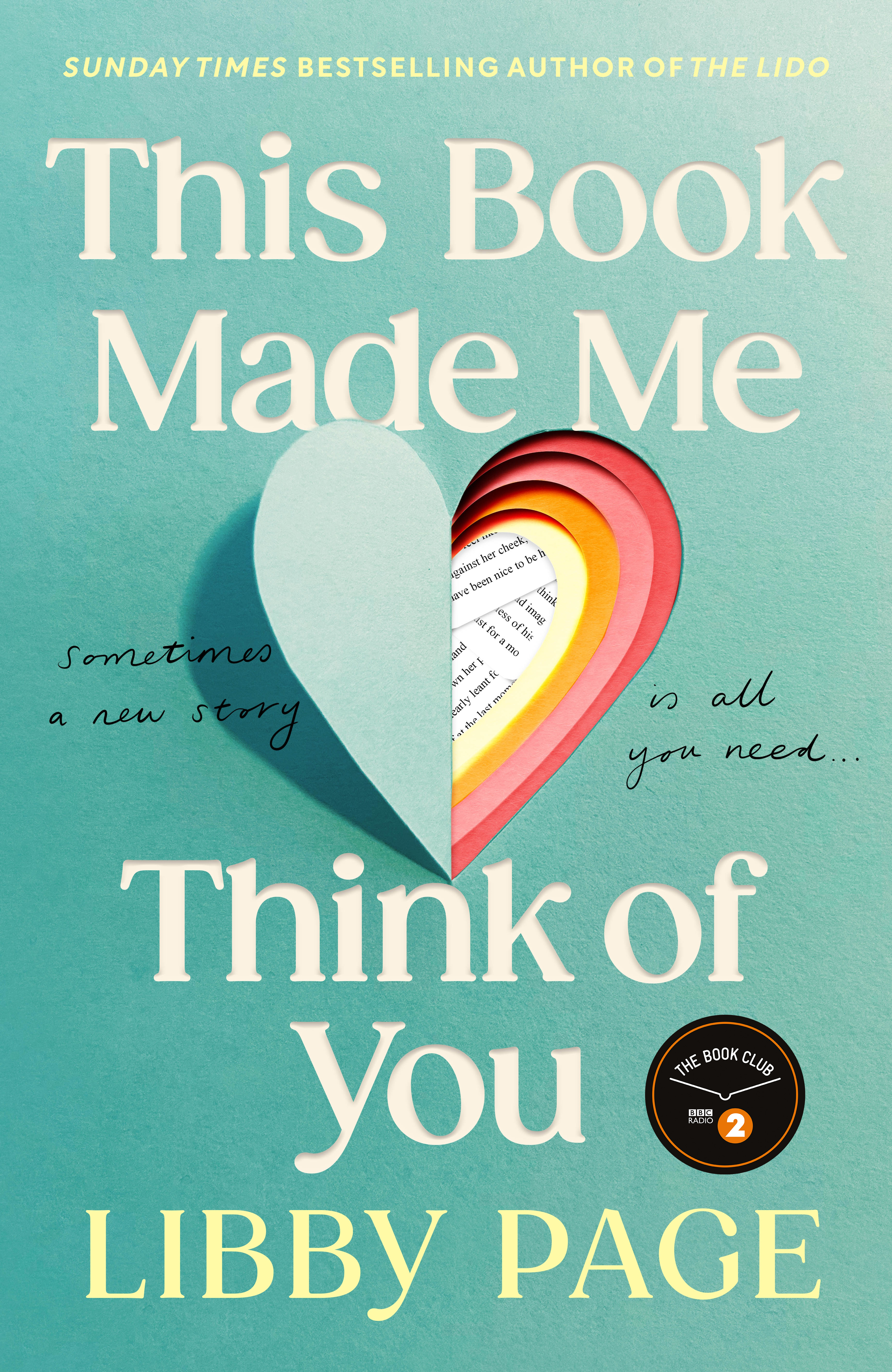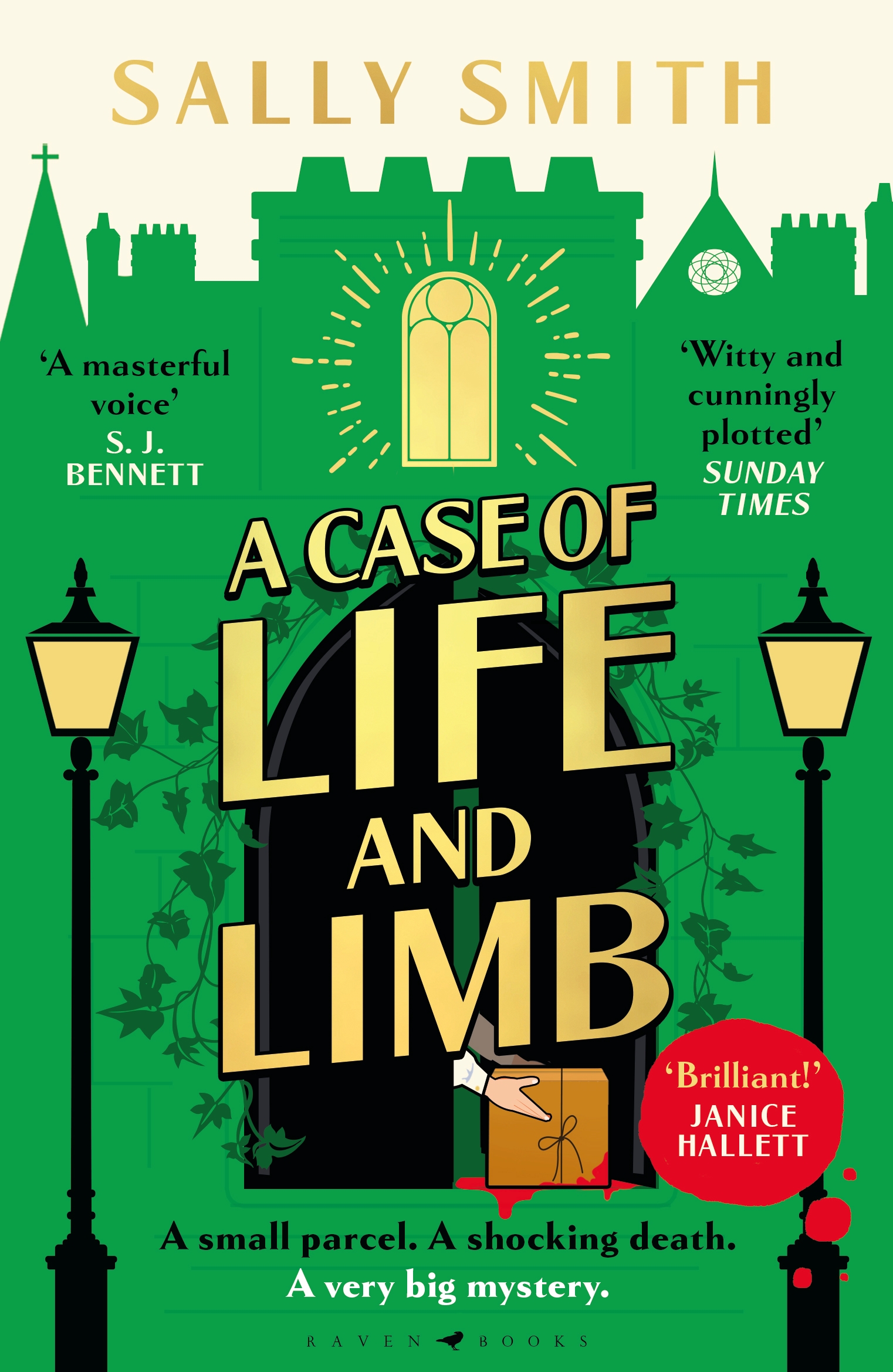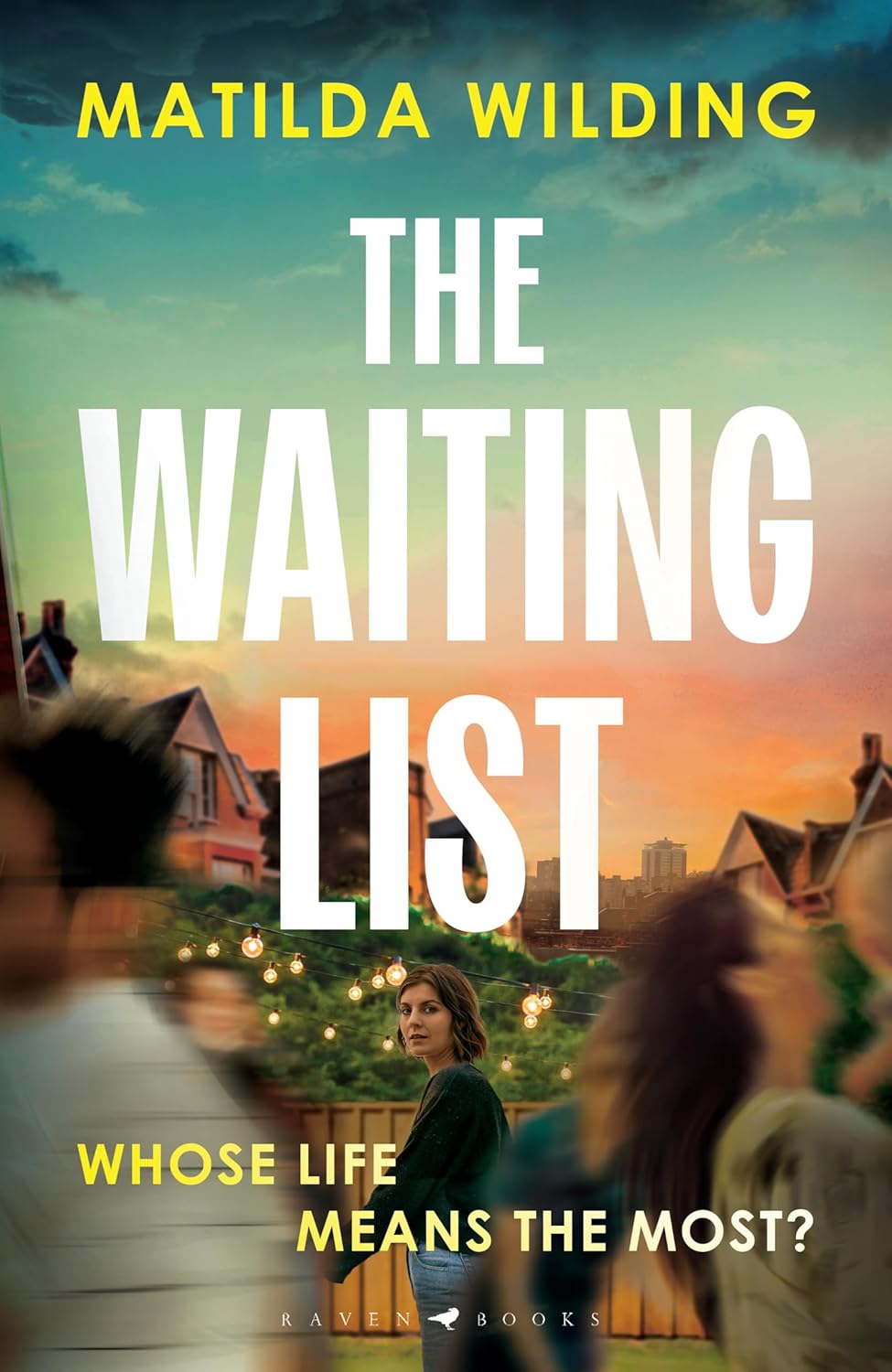Tell Me Everything
By Elizabeth Strout
avg rating
1 review
THE INSTANT SUNDAY TIMES AND NEW YORK TIMES BESTSELLER FROM THE PULITZER PRIZE-WINNING, BOOKER-SHORTLISTED AUTHOR
SHORTLISTED FOR THE WOMEN’S PRIZE 2025
‘Stunning, deeply felt and profoundly intelligent’ Guardian
It’s autumn in Maine, and the town lawyer Bob Burgess has become enmeshed in an unfolding murder investigation, defending a lonely, isolated man accused of killing his mother. He has also fallen into a deep and abiding friendship with the acclaimed writer, Lucy Barton, who lives nearby in a house next to the sea. Together, Lucy and Bob talk about their lives, their hopes and regrets, and what might have been.
Lucy, meanwhile, befriends one of Crosby’s longest inhabitants, Olive Kitteridge, now living in a retirement community on the edge of town. They spend afternoons together in Olive’s apartment, telling each other stories. Stories about people they have known – “unrecorded lives,” Olive calls them – reanimating them, and, in the process, imbuing their lives with meaning.
Brimming with empathy and pathos, TELL ME EVERYTHING is Elizabeth Strout operating at the height of her powers, illuminating the ways in which our relationships keep us afloat. As Lucy says, “Love comes in so many different forms, but it is always love.”
‘A superbly gifted storyteller and a craftswoman in a league of her own’ Hilary Mantel
‘A terrific writer’ Zadie Smith
‘Strout’s ability to reveal the wonder in unrecorded lives continues to astonish’ Telegraph
OPRAH’S BOOK CLUB PICK: ‘A beautiful read reminding us that there is extraordinary love in ordinary actions’ Oprah Winfrey
Elizabeth Strout, Shortlisted for the Booker Prize, 2022
TweetReviews
Church Road Book Club reviews of Tell Me Everything by Elizabeth Strout
‘The book is always better after Book Club’: discussions and debate at our Book Club Night
We were all very excited to finally reach book club; we’d avoided talking about it to each other beforehand, to ‘save’ talking about Tell Me Everything for the night! As always, we had a lot to say…
Overall, we had mixed, although mostly positive, feelings about Tell Me Everything. We thought Elizabeth Strout’s narrative style was ‘a collage of stories’ which some of us found too fragmented, although others thought it created a realistic picture of small-town life. We always talk about what themes stand out for us, and some of these were: childhood trauma, loneliness, empathy, clinical/professional empathy, marriage, friendship and love. We weren’t sure about the ‘murder mystery’ element and whether it was needed: some would have cut it out, and for others it was central! We also remembered the Pandemic’s impact on loneliness and isolation, and what this showed about the importance of physical touch.
A key aspect of the book is damaged people, and the effect of trauma; we agreed that everybody has some sort of ‘damage.’ Olive expresses this with defensiveness and shortness, as an ‘I’m not letting any emotion in’ kind of attitude, or even ‘I don't care for your emotions.’ This does change throughout the narrative, and other characters deal with their ‘damage’ in different ways. Maybe Lucy’s reaction to her difficult childhood was to be overly optimistic at times, and we were quite cross with Margaret’s theory that artists are childlike, even though Strout echoed this in the character of Matthew. We thought this was insulting and patronising – no thank you!
Matt’s paintings of nude pregnant women felt to us a natural, and beautiful thing. However, it was skewed and perceived as ‘unnatural’ or ‘weird’, mostly because of his gender, but also his isolation. We wanted to celebrate this instead: he is celebrating the creation of life, and the complexity of love. We felt sad this couldn’t be recognised today.
We discussed how likely it was that all the people in the book had such dramatic backstories and eventful childhoods/marriages/traumas and wondered whether this was true of any group of people. If we all divulged our own stories, would a similar amount of drama be revealed? Perhaps in future book groups, we can start with one member ‘telling everything’ about a story from their lives…
In terms of style, some noted and liked the authorial voice directing and reassuring us that these were stories, reminding us that we would return to some of them. It was a clever device to keep some distance between the characters and reality. We found the repeated ‘Oh Lucy!’ or ‘Oh Bob!’ annoying. We wondered if this reflected the difference between American and English language, or whether it was simply stylistic.
Returning to the main theme of stories and interconnected lives, it was particularly interesting to see Strout’s two most famous characters meet for the first time. Lucy’s disappointment shows when Olive doesn’t like her stories, and Olive is very dismissive of this tentative, mousy person. We thought their different way of looking at the world mirrored the gulf that we all experience between imagination and reality. ‘What's the point of this story?’ Lucy says in one of the last stories she tells. Olive laughs, replying, ‘There's no point to any of these stories. I don't know.’ And Lucy then answers: ‘People. People, and their lives.’
In our group, we talked a lot about human relationships and the different manifestations of love: the enduring friendship of Olive and Isabelle; ‘ghosts’ in marriages; friendship within marriage; the importance of feeling heard, shown through Bob and Lucy’s friendship (… or was it love?); the ability to make new friendships at every stage of life; the effect of alcohol, mental and physical illness, past traumas and priorities on our ability to be present for our loved ones; the long-lasting effects of first family dynamics on how we interact with the present… We struggled with the concept of ‘sin eating’ and disagreed about its use in the book. We felt Bob’s empathy for everybody and, as with three medically trained people in the group, talked about the idea of clinical or professional empathy to manage the barrage of other people’s grief and loss, as Bob did.
There was one big question – what did having read any of the previous books add to a reading of this one? One of us had read most of the books recently in preparation for reading this book and a couple of us had read one or two of the books centring on Olive. Most felt it worked well as a standalone, whilst those who had read more of Strout’s work were undecided.
This collage of stories was truly about people, real people making connections, even though sometimes the logic of their relationships were opaque to an outsider. But, as Lucy says, ‘love is love.’ For us, the book being ‘better after book club’ is about seeing stories through each other’s perspectives. It’s like seeing a story through another set of eyes… much like ‘Tell Me Everything.’
